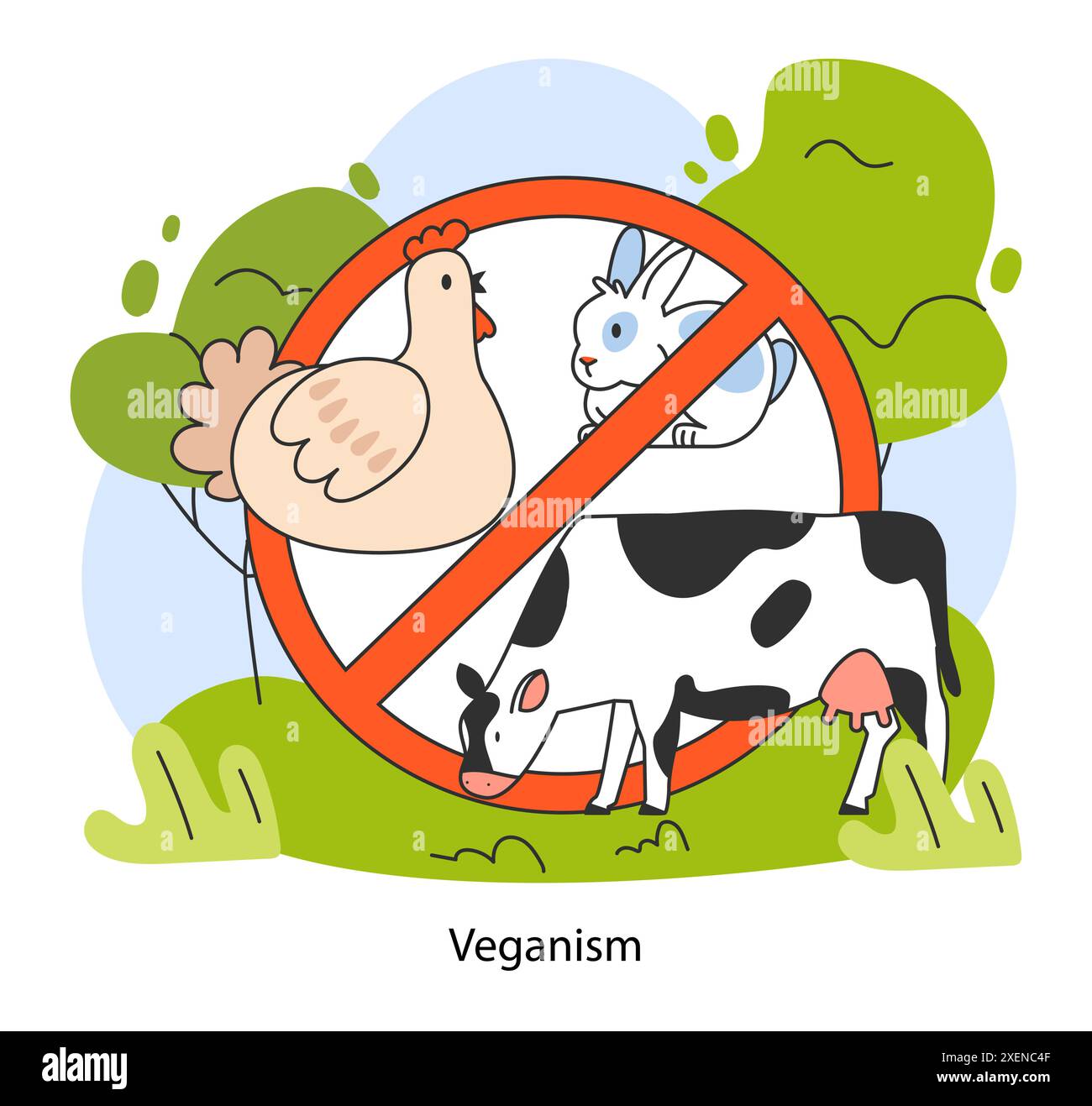The practice of veganism extends beyond personal health; it embodies a profound ethical commitment to halting the suffering of farm animals. As society increasingly becomes aware of the connections between dietary choices and animal welfare, the ethical implications of consuming animal products are scrutinized. The question arises: How does adopting a vegan lifestyle contribute to the cessation of farm animal cruelty? The answer lies in the values and decisions that underpin this shift towards ethical living.
To begin, it is essential to consider the vast scale of industrial animal agriculture. In the contemporary food system, billions of animals endure inconceivable suffering. They are often confined in overcrowded facilities, subjected to physical alterations without anesthesia, and deprived of natural behaviors. Such practices stem from a mechanized approach to agriculture that prioritizes profit over the lives of sentient beings. By choosing a vegan diet, individuals reject this paradigm, opting for compassion over cruelty.
The ethical foundation of veganism is primarily rooted in the recognition of animal sentience. Animals experience pain, fear, and stress, just as humans do. The infliction of suffering upon these creatures for the sake of human consumption raises pivotal moral questions. When one adopts a vegan lifestyle, they actively choose to abstain from endorsing industries that exploit and harm animals. This transformative decision resonates beyond personal convictions; it creates a ripple effect throughout society, prompting discussions about the ethics of animal rights.
Furthermore, the power of consumer choice cannot be underestimated. Each purchase made at the grocery store represents a tacit endorsement of the treatment of animals within the agriculture sector. By selecting plant-based foods, vegans signal to food producers that there is a demand for cruelty-free alternatives. This shift can ultimately lead to a decline in animal farming practices that perpetuate suffering. In response, producers may start to adopt more humane methods or transition to plant-based offerings entirely, reflecting changing consumer values.
Interestingly, the vegan movement has transcended mere dietary choices. It embodies a holistic approach towards ethical living, advocating for sustainability, environmental conservation, and social justice. The farming practices associated with animal agriculture significantly contribute to environmental degradation. Deforestation, pollution, and greenhouse gas emissions are all byproducts of livestock production. Moreover, the allocation of resources for animal feed diverts attention away from addressing food insecurity. A commitment to veganism thus promotes a more sustainable food system that can support both human and environmental health.
Moreover, veganism encourages a shift in mindset. It challenges ingrained societal norms about food and raises awareness of the implications of one’s dietary habits. Conversations about animal rights, environmental impact, and health transformation spark interest and intrigue. People often become fascinated by the complexities of food production, leading to deeper inquiries regarding the treatment of animals and the environmental consequences of their choices. This intellectual curiosity is critical for fostering a compassionate society that prioritizes humane treatment of all beings.
The health benefits associated with a vegan lifestyle serve as an additional layer of motivation for many individuals. A diet rich in fruits, vegetables, legumes, and whole grains is linked to reduced risks of chronic diseases, promoting overall well-being. This intersection of health and ethics appeals to a broader audience, highlighting the possibility of contributing to animal welfare while simultaneously improving individual health. Such dual benefits reinforce the idea that ethical living is not merely an altruistic endeavor but can embody self-interest as well.
A compelling argument often made by proponents of animal agriculture revolves around cultural traditions and practices. It is vital to acknowledge the role of culture in shaping dietary habits but equally important to understand that culture is not static. Traditions can evolve alongside ethical considerations. Just as societal attitudes have adapted to embrace concepts such as gender equality and racial justice, so too can perspectives on animal rights shift. Engaging with these evolving cultural narratives allows for introspection and opens the door to discussions about alternative lifestyles that respect both animals and heritage.
Moreover, the social implications of veganism extend deeply into community dynamics. A growing movement exists, wherein individuals and families unite under the banner of ethical eating, transforming meal preparation into a communal experience centered around compassion. This collective approach fosters a sense of belonging and shared values, cultivating friendships and connections among those who hold similar ideologies. The realization that one’s culinary practices can positively impact the world cultivates a profound sense of purpose and community engagement.
In conclusion, the journey towards veganism is a multifaceted one, intricately woven with the threads of compassion, ethics, and sustainability. By eschewing animal products, individuals take a definitive stand against farm animal cruelty, advocating for a more humane approach to food production. This transition involves not just personal changes but a broader societal evolution, wherein the moral treatment of all beings becomes a priority. As awareness grows and discussions flourish, the movement towards ethical living continues to gain momentum, fostering hope for a future where cruelty is replaced with compassion and respect for life.








